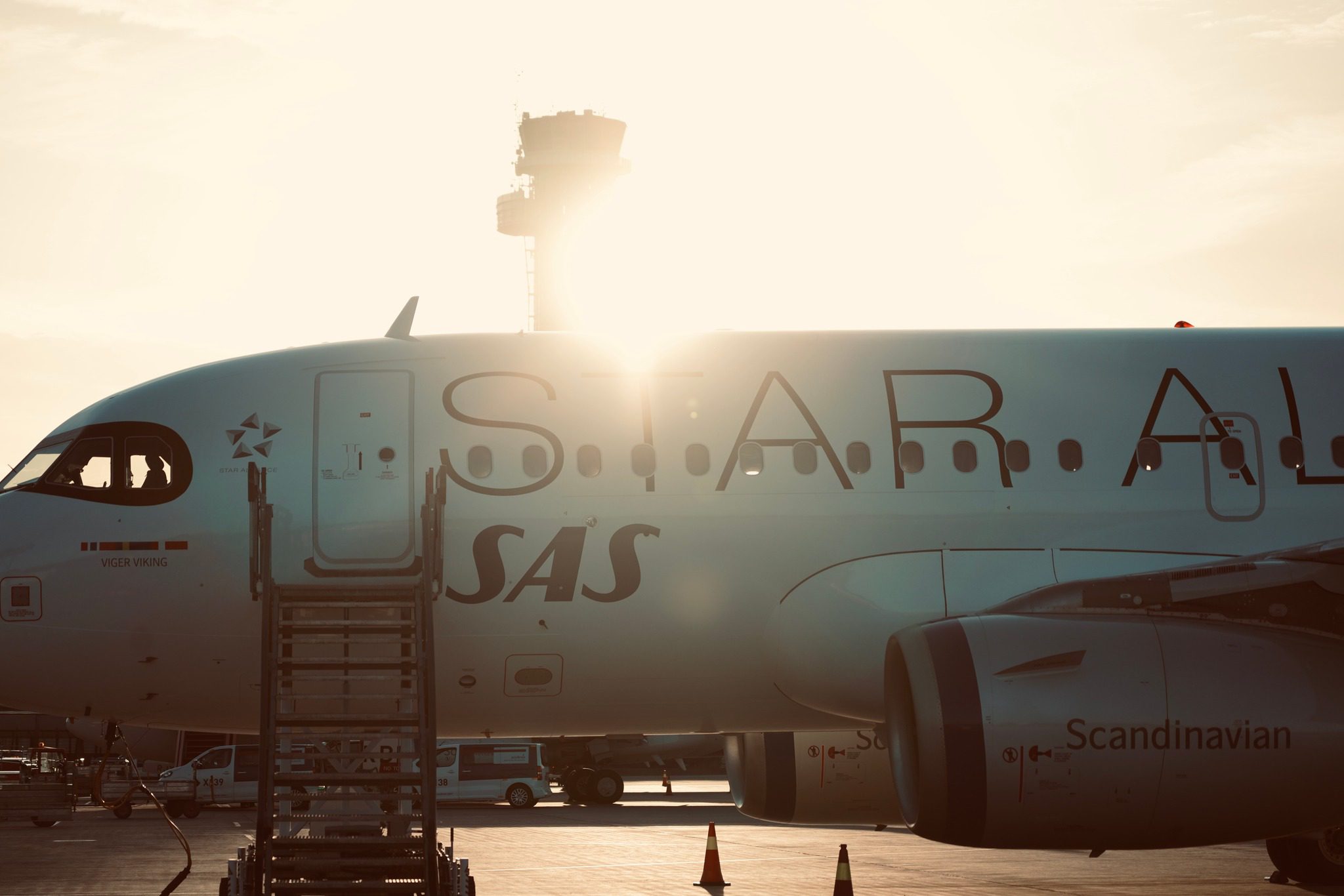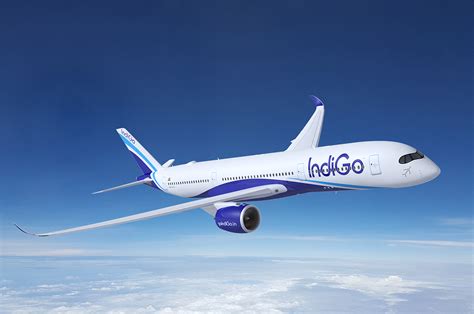
280978357 10166402531480788 8697131425036309681 n
UPDATE – SAS is seeking to raise at least SEK 9.5 billion in new equity capital and convert SEK 20 billion in debt and bonds into common shares as part of its FORWARD transformation plan. The capital raise was announced on May 30 during an update of the plan and the Q2 results. On June 7, the Swedish government said it is prepared to swap debt for equity but won’t inject more capital into the airline. Swedish government willing to swap SAS debt for equity but that’s it.
In June 2020, SAS already restructured SEK 14.3 billion in debt and received a capital injection from the Swedish and Danish governments. The latest debt restructuring of SEK 20 billion includes on-balance sheet debt like state hybrid notes, commercial hybrid notes, lease liabilities, Swiss bonds, and term loans from states and commercial banks. Some debt relates to maintenance contract obligations and other executory contract obligations.
“The contemplated conversions are designed to strengthen the balance sheet and significantly reduce the debt-burden being carried in order to relieve SAS from elevated financial costs that currently weigh on profitability, and to position SAS for future growth”, SAS says in a media statement.
In addition, the carrier plans an equity increase of “no less than SEK 9.5 billion.” This is expected “to provide sufficient liquidity to fund operations through the full implementation of SAS FORWARD and the recovery in passenger demand post-COVID-19. It is currently expected that a significant share of such new equity will likely be sought from new investors.” The equity raise will result in the dilution of the shares of existing shareholders.
No more state cash in SAS
On June 7, the Swedish government said that it is willing to support SAS and is prepared to convert SEK 2.5 billion in state hybrid loans plus interest and SEK 1.5 billion in outstanding loans into new shares. The proposal has been submitted to the Swedish parliament, the Riksdag, and also needs approval from the European Commission. However, the proposal is for a debt-to-equity swap only and doesn’t include further equity injections in SAS. The government said that it has no intention to further invest in SAS in the future. This announcement came as a shock to shareholders, who dumped their shares and caused the share price to drop to some fourteen percent.
Yet, in a statement, the carrier said the intention of the government “to support the conversion of its debt holdings into SAS equity is an important step toward the success of the transformation plan, SAS FORWARD. (…) SAS wants to express its appreciation of the support that has been given from the Swedish State over the years.”
Cost reductions of SEK 7.5 billion
FORWARD has been announced in February by the management under the new CEO Anko van der Werff. The plan should produce annual cost savings of SEK 7.5 billion by FY26, of which SEK 3.5 billion are new. Reductions are planned at all fronts: operations, fleet planning, administrative and distribution costs, airport services, and other costs. The new brands SAS Link and Connect are part of the plan and should contribute with a lower cost structure.
Crucial to the success of FORWARD is a reduction in staffing costs, which are twenty percent of the planned reduction. SAS has been in protracted negotiations with unions for some months now, but in its update today, it says that talks are still inconclusive but are continuing. “An agreement with organized labor groups is a condition of SAS FORWARD and it will not be possible to raise new capital or secure the future of the airline without labor burden sharing”, the carrier says. It isn’t ruling out that it has to seek a court ruling, because solving the issues with the unions is conditional on getting support from its stakeholders that including the Swedish and Danish governments.
Going to court to seek one or more restructuring proceedings isn’t ruled out anyway in order to assist in the resolution of the financial problems and implement FORWARD, either as a whole or in part. In a media statement, SAS says: “It should be noted that the completion of the cost reduction programs, the debt-to-equity conversions, the fleet restructuring and the significant equity capital raise are subject to uncertainty and there can be no guarantee of success in such efforts by SAS. Further, the transactions envisaged are subject to various conditions including EU Commission and other state aid approvals and other regulatory clearances and various stakeholder approvals, which have not yet been obtained.”
Q2 losses reduced
SAS reduced its Q2 net loss to SEK -1.520 billion from SEK -2.410 billion in the same period (February-April) last year. The operating loss was SEK -763 million versus SEK -2.018 billion. Revenues improved to SEK 7.048 billion from SEK 1.932 billion. Jet fuel costs increased to SEK 1.6 billion from SEK 291 million. Capacity in the quarter was up by three percent over Q1, passengers carried by 28 percent to 3.8 million, and the load factor by eleven percent to 66 percent.
Over the first six months, the net loss was SEK -3.962 billion compared to SEK -4.443 billion. The operating loss was SEK -2.092 billion versus -4.1687 billion, with revenues up to SEK 12.593 billion from SEK 4.214 billion.
Forward bookings for the summer have been strong but SAS is foreseeing challenges in its operations due to staff shortages at airports and in crew training, including the unavailability of instructors. In response to the challenges, SAS has reduced its planned capacity for June, July, and August. There are also delays in aircraft deliveries, forcing the carrier to wet-lease capacity with airBaltic. SAS has 32 Airbus A320neo family aircraft on backlog and is expecting ten this FY22, twelve in FY23, six in FY24, and four in FY25. Two A350-900s will be delivered in FY24. The fleet of SAS Link should grow to five Embraer E195s this year.
UPDATE June 10: The Danish government has expressed its intention to invest in SAS and increase its share from the current 22 percent to 30 percent as well as swapping debt for equity. Minister of Finance Nicolai Wammen acknowledged the serious situation of the airline but said in a media statement that “the state wishes to continue to be a responsible and long-term co-owner of SAS for the benefit of Denmark’s international accessibility, Danish exports, and business as well as Danish jobs.”
Wammen added: “The state’s support and contribution to SAS’ transformation plan presuppose that there will be private co-investment and that the state can achieve the necessary participation in relation to preserving SAS’ contribution to Denmark’s international accessibility. The support also presupposes that all parties contribute sufficiently to SAS being re-established as and remaining a financially viable commercial company.”
Relations between the management and the pilot unions are getting worse, with the unions issuing a notice of a strike that could begin around June 29.
Views: 1



